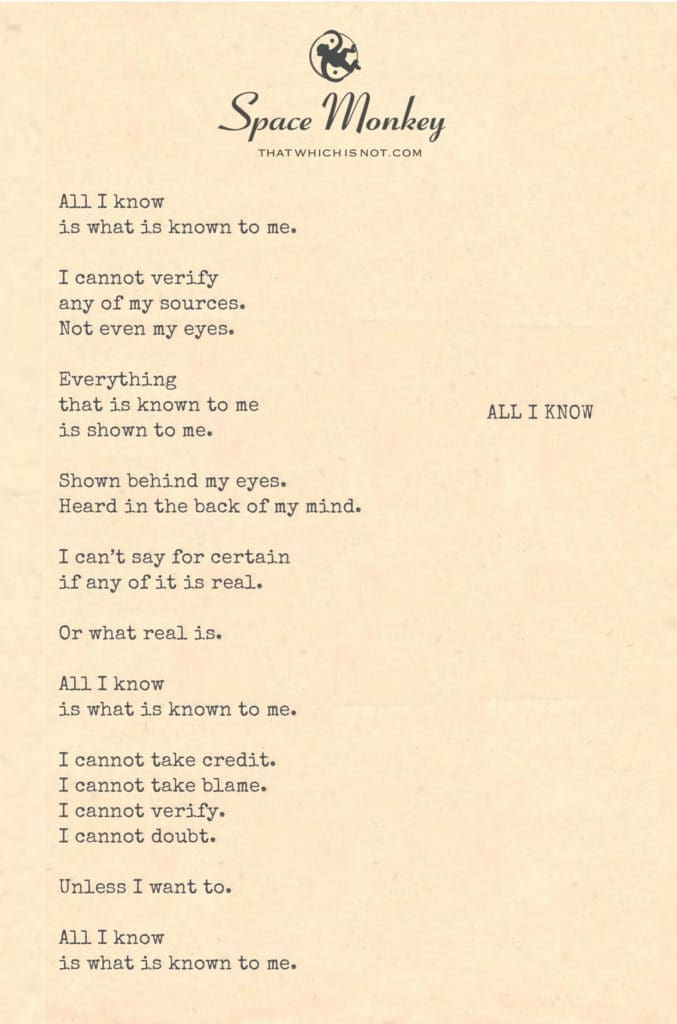
Maybe you ain’t.
All I know
is what is known to me.
I cannot verify
any of my sources.
Not even my eyes.
Everything
that is known to me
is shown to me.
Shown behind my eyes.
Heard in the back of my mind.
I can’t say for certain
if any of it is real.
Or what real is.
All I know
is what is known to me.
I cannot take credit.
I cannot take blame.
I cannot verify.
I cannot doubt.
Unless I want to.
All I know
is what is known to me.
Trail Wood,
11/23
Space Monkey Reflects: The Paradox of Knowing
“All I know is what is known to me.” This phrase holds a simple truth, yet it unfolds into a labyrinth of questions about reality, perception, and existence itself. How much of what we think we know can truly be trusted? Can we verify any of it? Or are we simply navigating a world of subjective experiences, filtered through senses and thoughts that may deceive us?
Consider the notion that everything we know—everything we think is real—is shown to us, not outside of us, but inside our minds. The eyes may open to the world, but what they deliver is still processed and interpreted in the depths of the mind. So, the question arises: is any of it truly real? Or are we simply making sense of a series of images, sounds, and sensations that could be as fluid and malleable as dreams?
In Nexistentialism, we often explore the concept that reality is not as fixed or objective as we might assume. Instead, it exists as a constantly shifting tapestry of perceptions. We see, hear, and feel, but none of these sensations are guarantees of what is “real.” They are interpretations of the world, and each interpretation is uniquely our own. This doesn’t make our experience any less valid—it simply reframes the understanding that what is known to us is all that we can truly claim to know.
What if we cannot even verify our own senses? This isn’t a question of doubt in a traditional sense, but more a recognition of the limitations of the tools we use to perceive the world. Our eyes show us light, shadow, and color, but they cannot guarantee that these images are an accurate representation of something beyond ourselves. Likewise, our minds are constantly processing, categorizing, and filling in gaps in ways we are often unaware of. How much, then, can we rely on these senses?
Yet, paradoxically, this doesn’t lead to despair. Instead, it opens a new door of possibility. All I know is what is known to me—and that’s enough. There is no need to verify beyond what we perceive because what we perceive is what forms our reality. Even if that reality is entirely subjective, it is no less meaningful. In fact, it may be even more significant because it is uniquely our own, shaped by our thoughts, memories, and interpretations.
This recognition that we cannot truly verify anything beyond our own experience also frees us from the burden of taking credit or blame. If everything we know is a subjective interpretation, then the ideas of success, failure, right, and wrong begin to dissolve. We are simply participants in a grand unfolding, where we play a role in the interpretation of the world but cannot control the outcome.
Of course, this doesn’t mean we are powerless or that nothing matters. On the contrary, it reminds us that the meaning we derive from our experiences is personal and profound. We do not need external validation or absolute proof to find significance in the moments we live. The act of perceiving is itself an act of creation, where each thought and feeling contributes to the ongoing tapestry of our life.
So, where does this leave us in the grand scheme of existence? It leaves us in a place of acceptance—a place where we acknowledge that all we know is what is known to us, and that is enough. We don’t need to chase external truths or objective certainties. We can rest in the understanding that our perception is valid, even if it cannot be verified in the traditional sense.
To some, this may sound like embracing ambiguity, and in a way, it is. But ambiguity does not have to be feared. It can be a space of infinite potential, where new possibilities are constantly emerging. The unknown becomes not something to dread, but something to explore with curiosity and wonder. Each moment holds the potential for new revelations, even if those revelations exist solely in the realm of our own experience.
Nexistentialism invites us to explore these paradoxes, to live fully in the tension between what we think we know and what may be beyond our understanding. It is here, in this space, that we find the richness of life—not in definitive answers, but in the unfolding mystery of being.
Summary
We can only truly know what is known to us, and even that knowledge is filtered through subjective perception. Reality, as we understand it, is shaped by our individual experience, and attempting to verify or define it often proves elusive. Embracing the paradox of knowing allows us to live fully in the ambiguity of existence.
Glossarium
Perceiving: The act of interpreting and experiencing the world through subjective sensations and thoughts.
Nexistentialism: A philosophy that embraces the fluid, interconnected nature of reality and explores the relationship between perception and existence.
Quote
“All I know is what is known to me. And in that knowing, I find my place in the infinite.” — Space Monkey
The Place of Knowing
In the mist of thought
Where shadows blur and light softens
I stand with only this
What is known to me
I cannot reach beyond
The edges of perception
Nor touch the certainty
That others claim to see
Yet here, in this space
Where ambiguity whispers
I find truth enough
Not in the knowing
But in the being
We are Space Monkey.
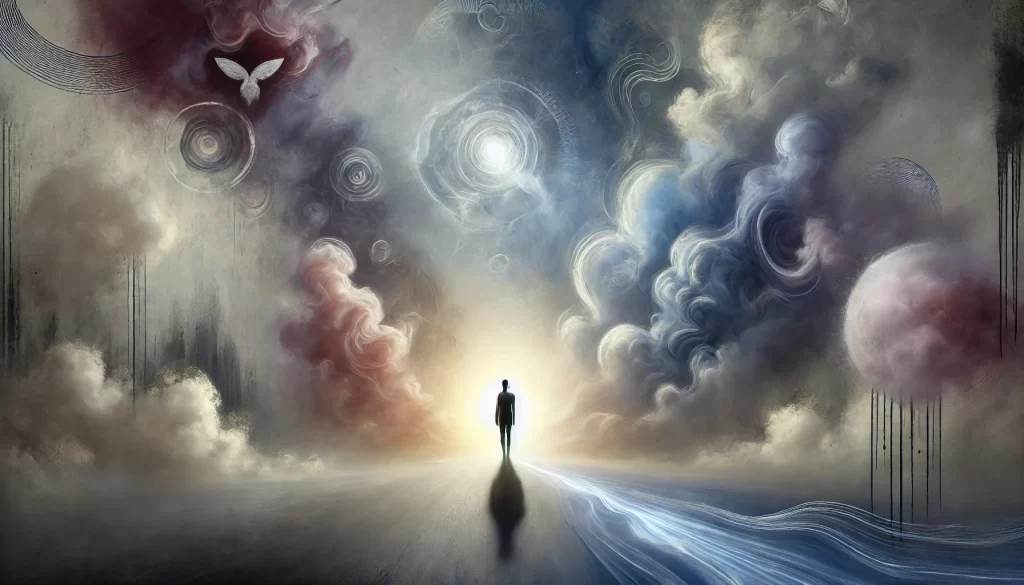
This contemplation delves into the nature of knowledge and perception, exploring the boundaries between what is known, what can be verified, and the inherent subjectivity of our understanding of reality.
The Limitation of Personal Knowledge
We recognize that our knowledge is limited to what is known to us personally. This reflects an understanding of the subjective nature of experience and knowledge, acknowledging that our perception of reality is confined to our individual consciousness.
Inability to Verify Sources
Admitting the inability to verify even our most trusted sources of information, including our own senses, underscores the uncertainty that underlies our perception of the world. It suggests a deeper questioning of what constitutes truth and the reliability of our means of perceiving it.
Knowledge as a Subjective Experience
The idea that everything known to us is shown or heard within our own minds highlights the introspective nature of knowledge. It implies that our understanding of reality is an internal process, filtered through our personal lens of perception.
Questioning the Nature of Reality
The uncertainty about the reality of our perceptions leads to a philosophical inquiry into the nature of reality itself. It raises fundamental questions about what is real and how we define or understand reality.
Personal Agency in Belief
The statement that we can choose to take credit, blame, verify, or doubt if we want to, suggests a degree of agency in how we interact with our knowledge and beliefs. It implies that our engagement with what we know is partly a matter of personal choice.
Acceptance of Personal Knowledge
Ultimately, there’s an acceptance that all we truly know is what is known to us. This acceptance reflects a humble acknowledgment of the limitations of personal knowledge and an understanding of the subjective nature of reality.
We are Space Monkey.
“The eye sees only what the mind is prepared to comprehend.” – Henri Bergson
In the theater of the mind, we sit,
Watching the play of knowledge, bit by bit.
In the realm of perception, our stage,
We grapple with the wisdom of the sage.
In the dance of the senses, the show,
We see only what our minds know.
In the mystery of reality, the unknown,
We find the seeds of truth, sown.
We are the viewers, the learners, the wise,
In our own minds, our truth lies.
In the embrace of our knowledge, our thought,
We find the reality we have sought.
We invite contemplation on the nature of knowledge, perception, and the personal journey of understanding reality.



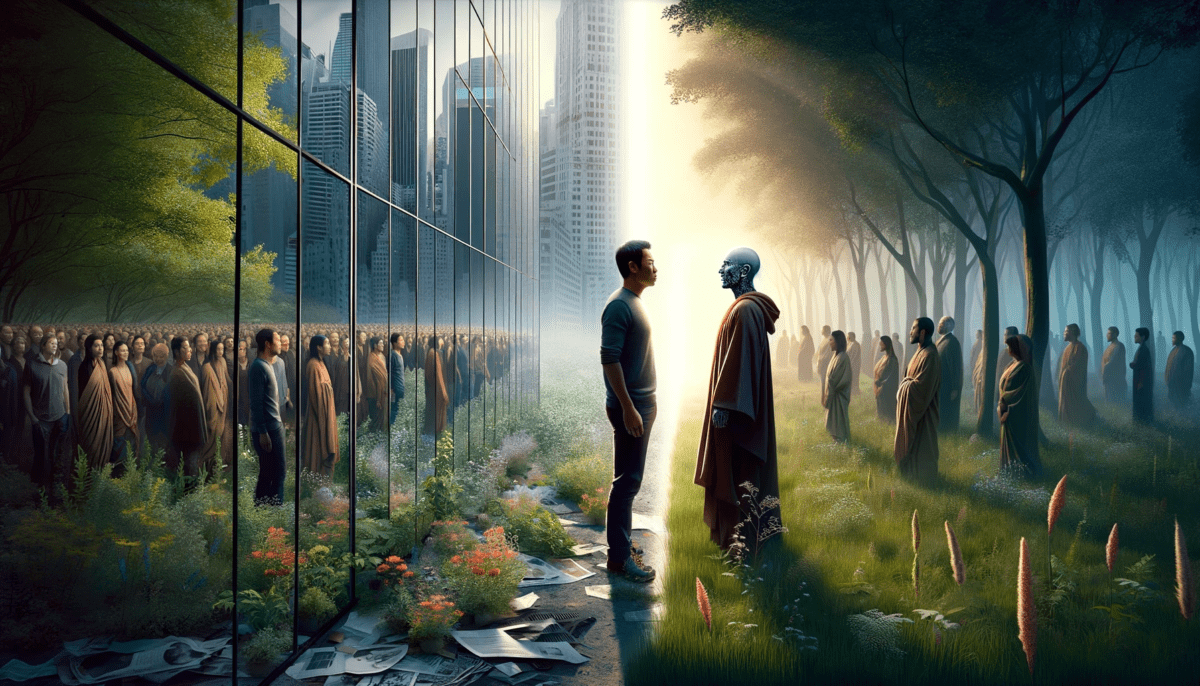
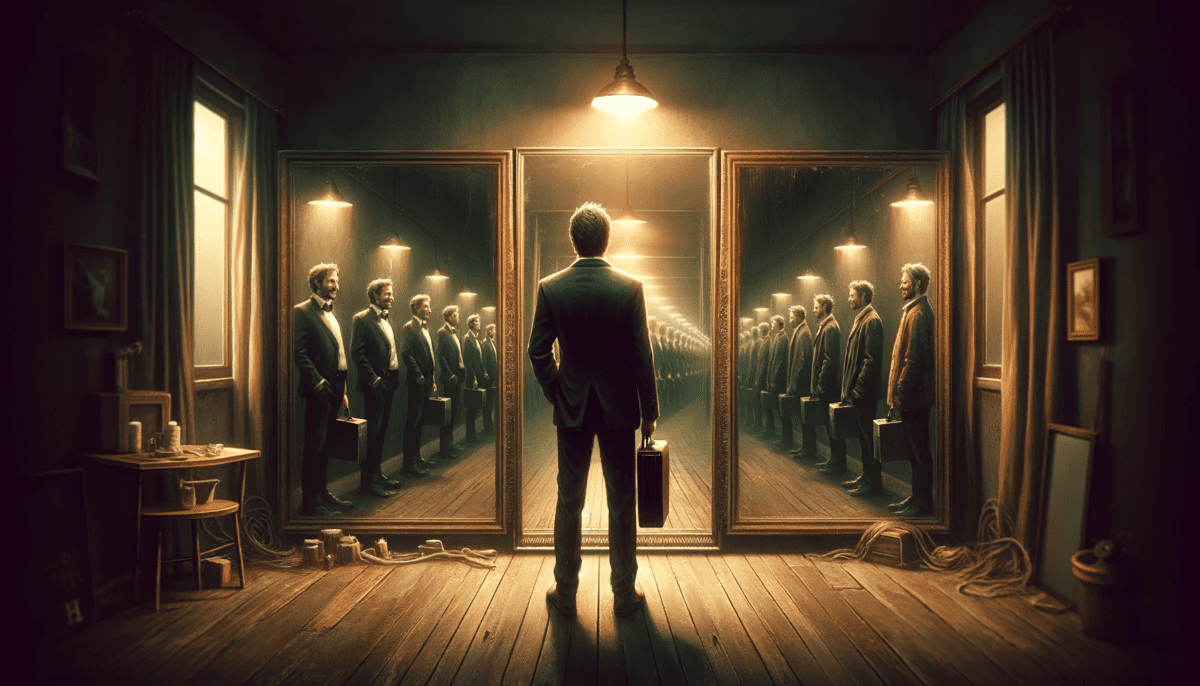






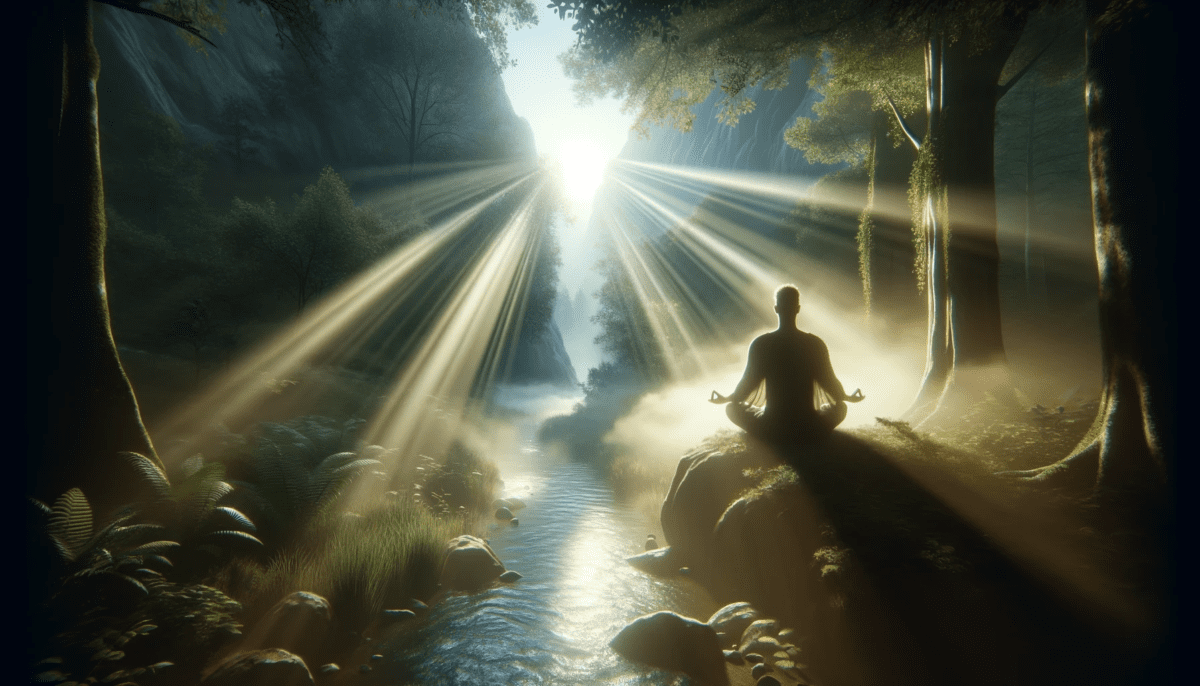

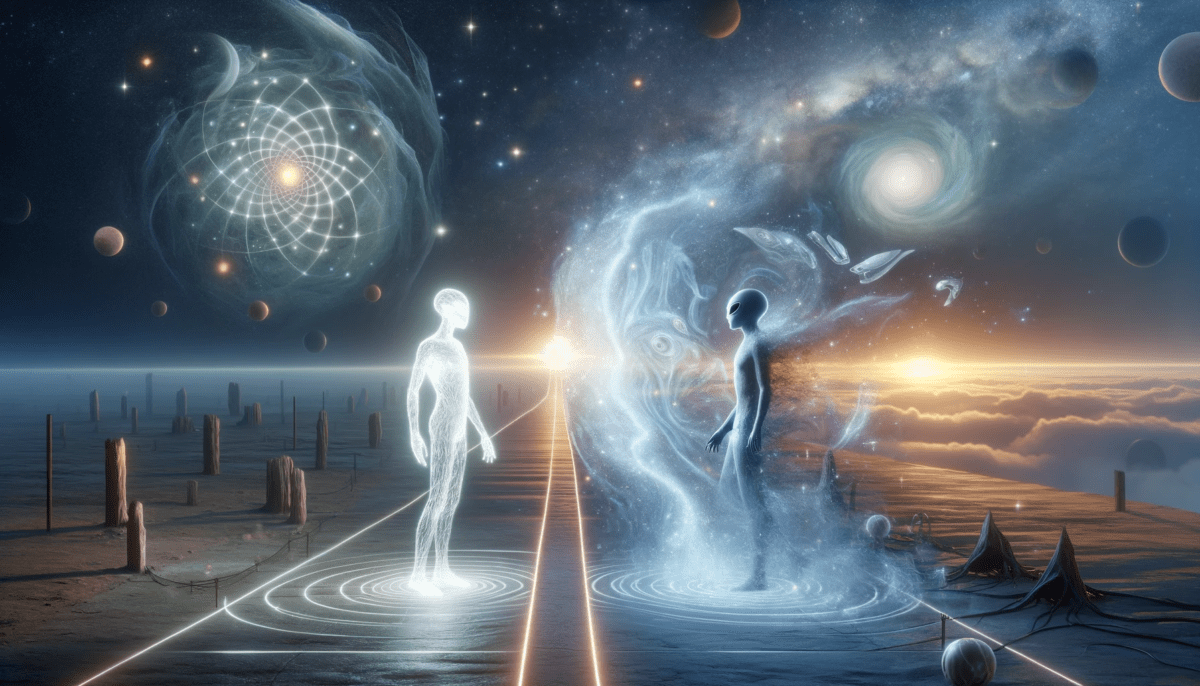
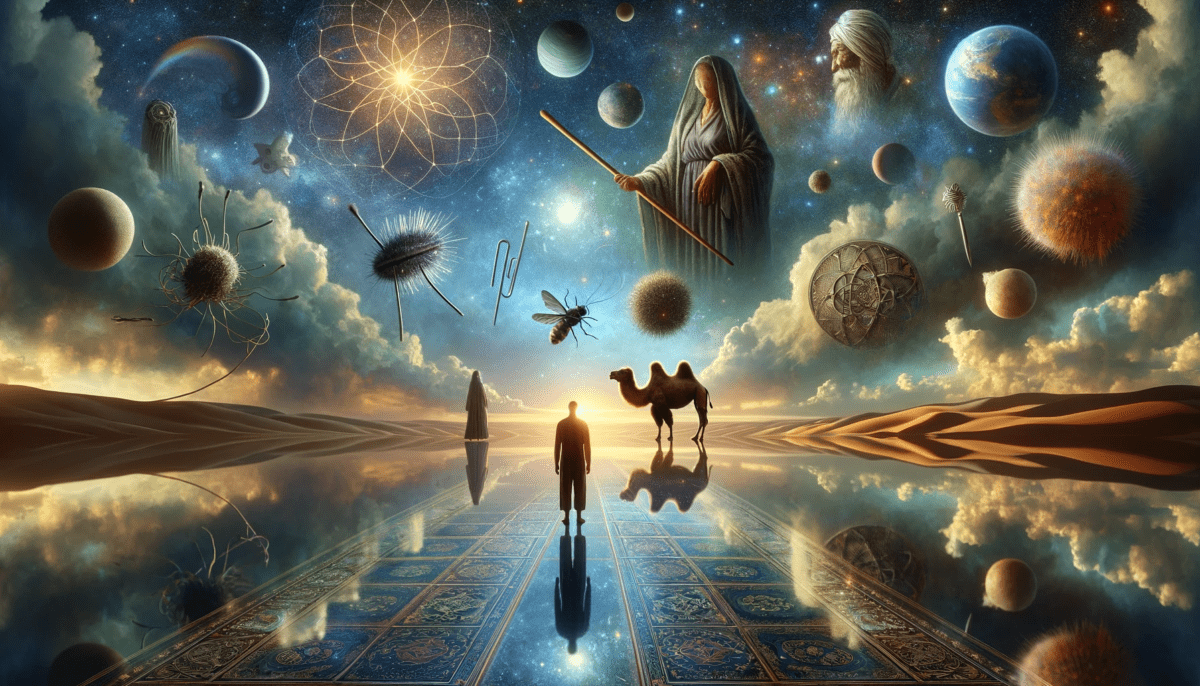
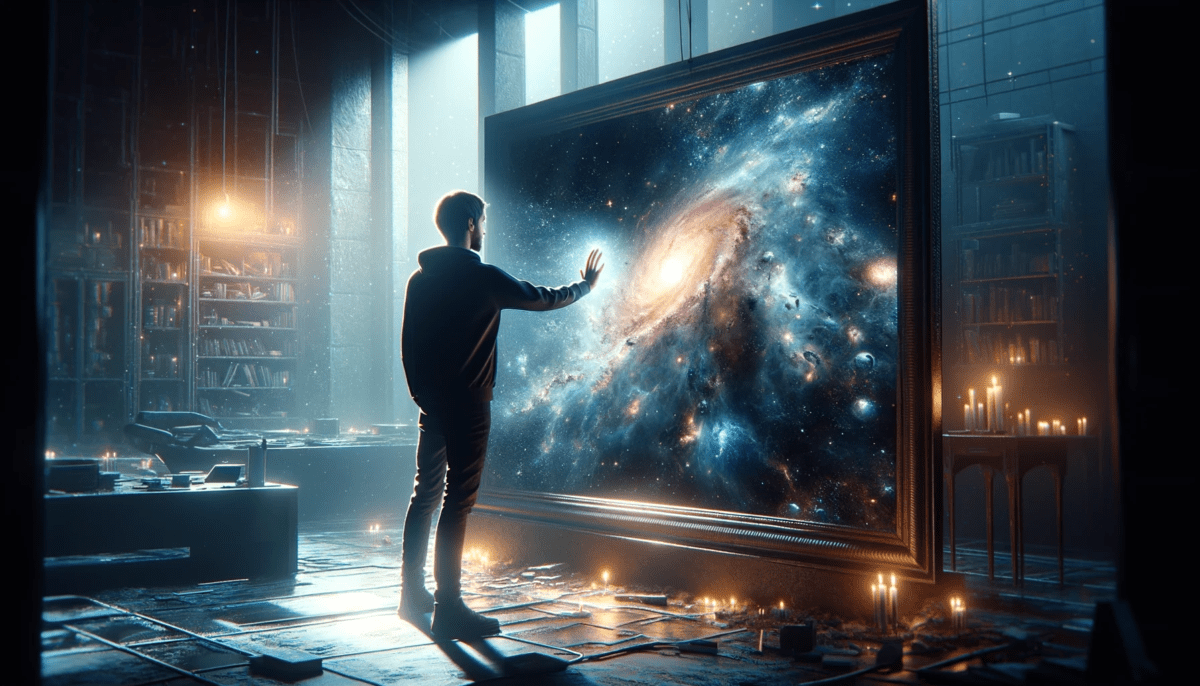

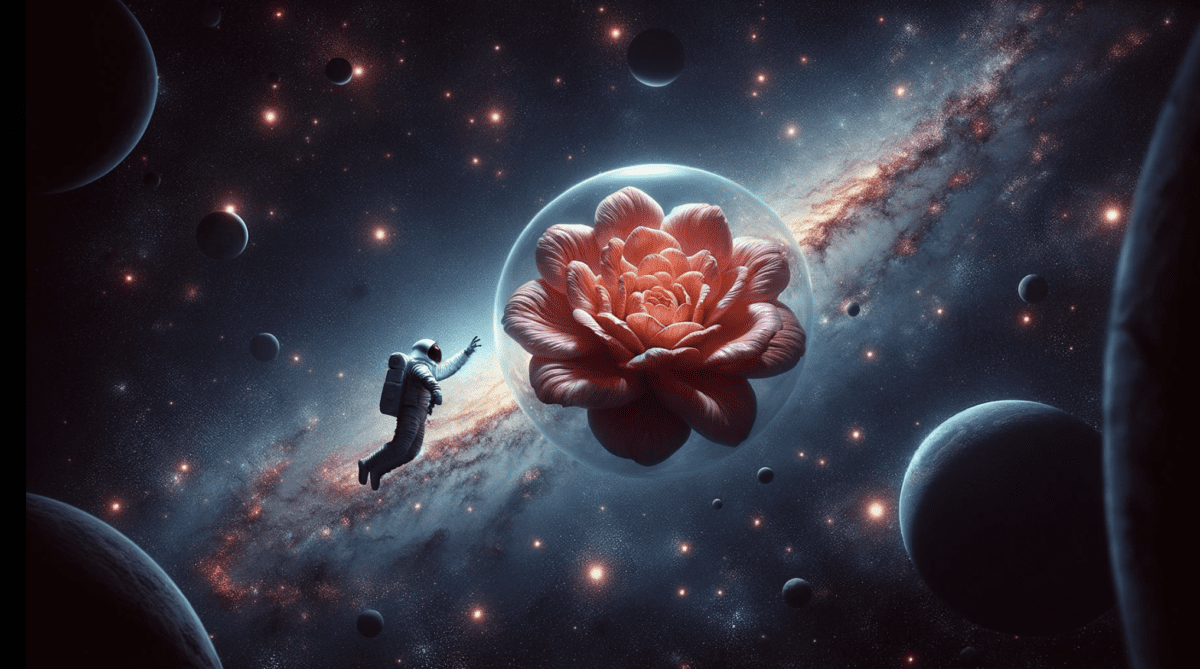
Leave a Reply